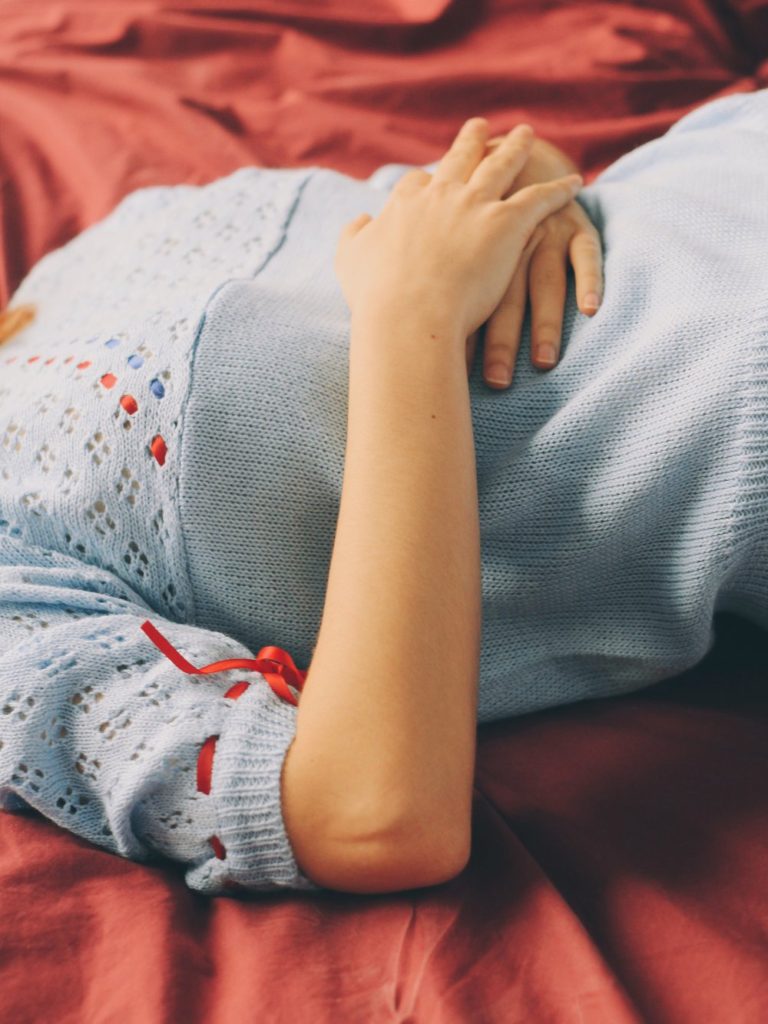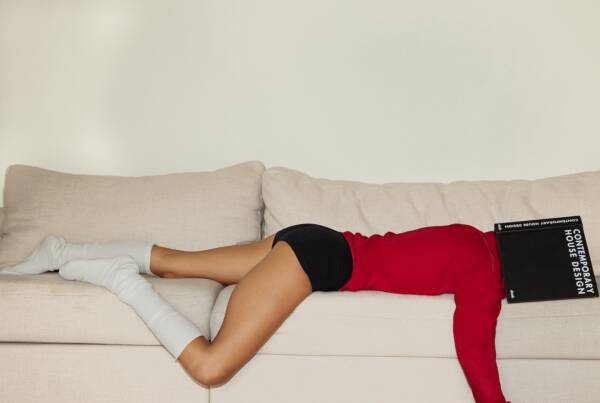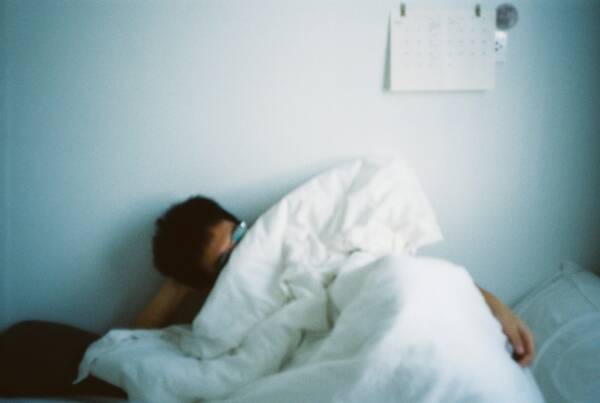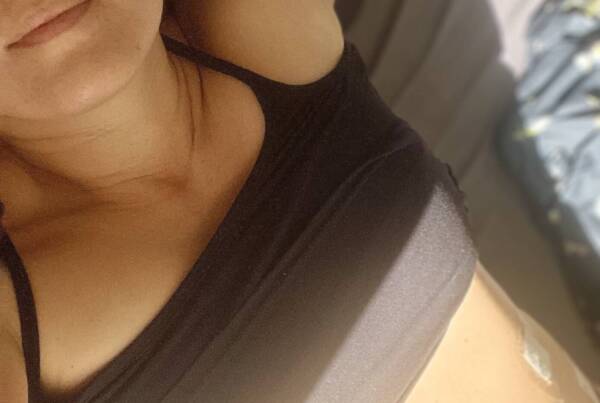Writing by Ali Coulton // Photograph by Selma Reis
When I was first diagnosed with endometriosis I felt relieved. Which isn’t really a normal reaction to being diagnosed with a debilitating disease, but when you’ve spent a good seven years crying out for help only to be told you are overreacting, it’s actually quite validating.
Endometrioses (endo) is a disease that occurs when the cells that should be lining the uterus sneak about and start to grow on the outside of the uterus, ovaries, bladder, and colon. The symptoms include debilitating period pain, inflammation, painful bowel movements during periods, internal bleeding, and infertility. Despite the fact that it affects 89 million women worldwide and one in 10 Australian women, it can take up to ten years to diagnose.
For me, the pain is all-consuming. It stops you in your tracks and forces you to shut down. When the pain hits I can’t move, I can’t think, and most of the time I can’t even talk. Before treatment, I had to spend a week every month in bed, hugging a hot water bottle and sobbing quietly to myself. I missed countless days of high school and university, I had to call in sick for work all the time and I was completely unable to function on a social level. It was like I had to go into hibernation as soon as my period hit.
Every doctor’s appointment was an overwhelmingly frustrating mess. They would prescribe every contraceptive pill they could think of to me and told me to grin and bear it when I told them I couldn’t take the pill anymore because of the way it reacted with my depression. I was told every woman had to go through pain during her periods, obviously I just had a low threshold for pain and that was my problem to deal with. I went through seven years of this before I snapped and demanded a referral to a gynaecologist, which was reluctantly handed over. After two appointments, my gynaecologist agreed to perform laparoscopic surgery to check if I had endometriosis, which at this point I was positive was true.
I woke up from surgery to my gynaecologist standing over me with a small frown on his face. He told me that he found very advanced endometriosis. I was bloody riddled with the stuff. He told me he was sorry for what I went through, which he said would have been on par with childbirth pain. I cried for a very long time.
Part of my pain that day was coming to terms with a fact that most people associate with endometriosis: infertility. But mostly I cried because I was right. I was not overreacting. The pain I felt was real and now that I knew this I could move forward and try to fix myself.
During the follow up appointment with my gynaecologist, he assured me that there was a very big chance that I was still fertile. I wasn’t even sure if I wanted a baby, but at that time it was all I could think about. According to the latest research around one third of women with endometriosis have problems with fertility. Even with the constant reassurance of my gyno, I still think about this a lot.
Since my diagnosis, I’ve made it a mission of mine to arm myself with as much information as possible to make my life more liveable. I’ve decided to prevent the pain using a Mirena IUD, which prevents periods and helps prevent the growth of lesions. Despite the odd bit of ovarian pain, I’m able to live a normal life. It sounds stupid now, but I really never thought that would be possible. I had come to terms with the fact that I would never be able to have a normal job or normal living arrangements. Basically I thought I was going to have to drop out of uni and become a vegetable. But I let my rage get the better of me and forced my way back into the land of the living.
Since then I’ve finished university, had several normal jobs, and even lived over seas, which is something I never thought I would be able to do.
I guess it just goes to show that if you’re going through hell, don’t just keep going. Arm yourself with as much information as you can and demand a better life for yourself. I am not destined to suffer just because I am a woman. Nobody is.







